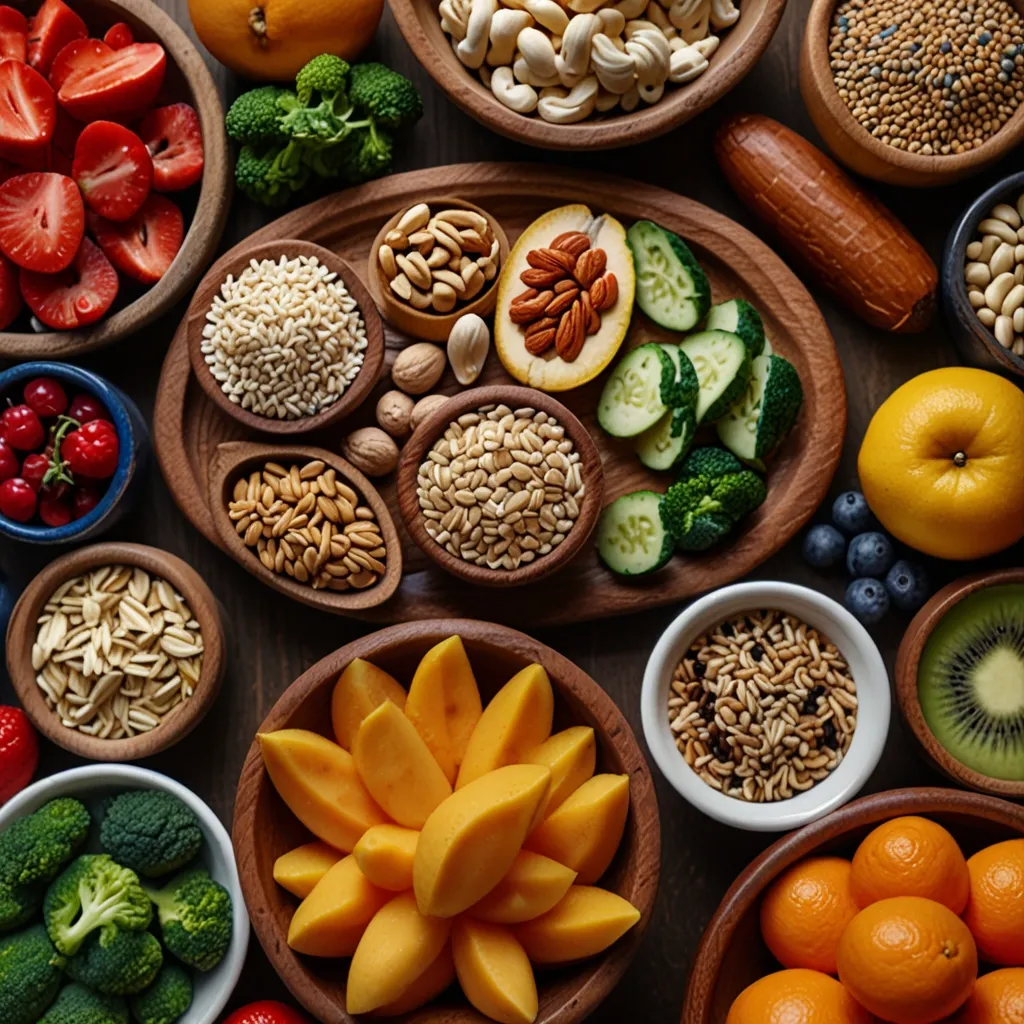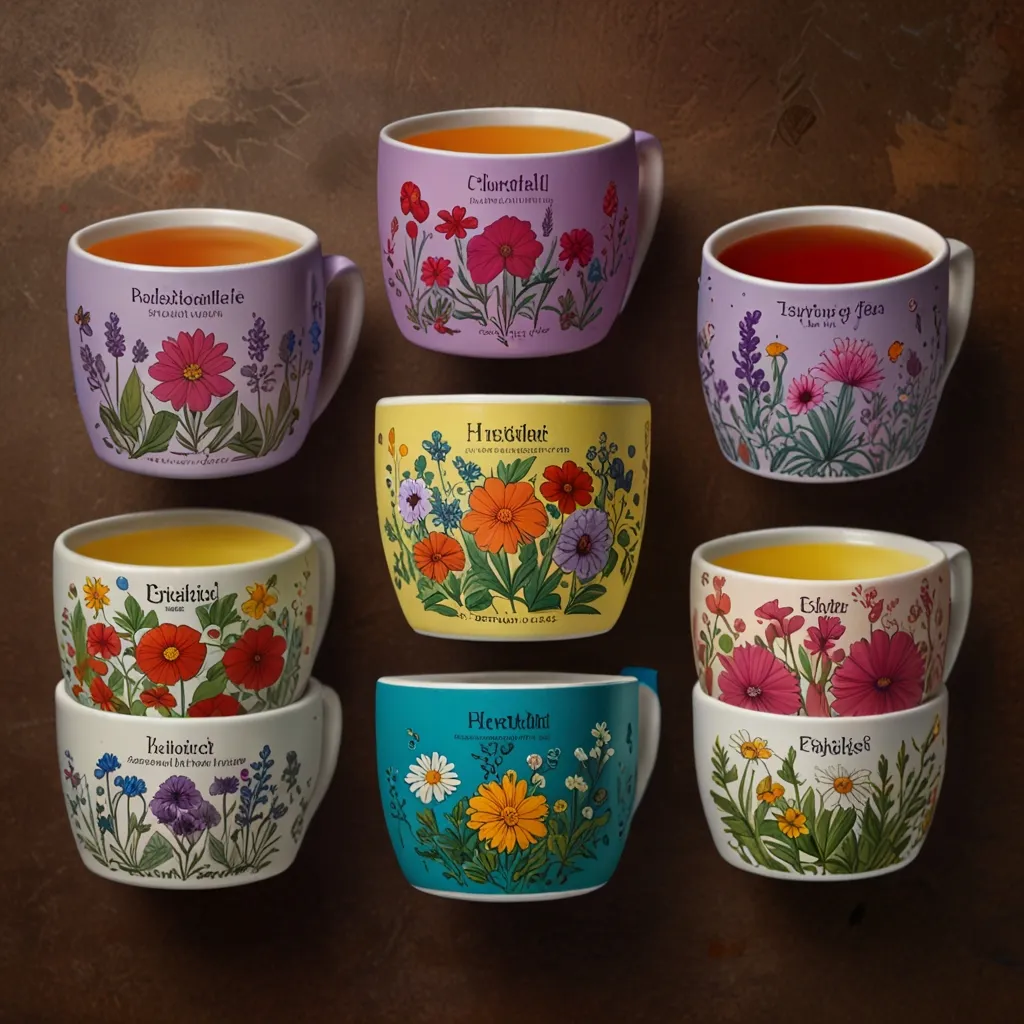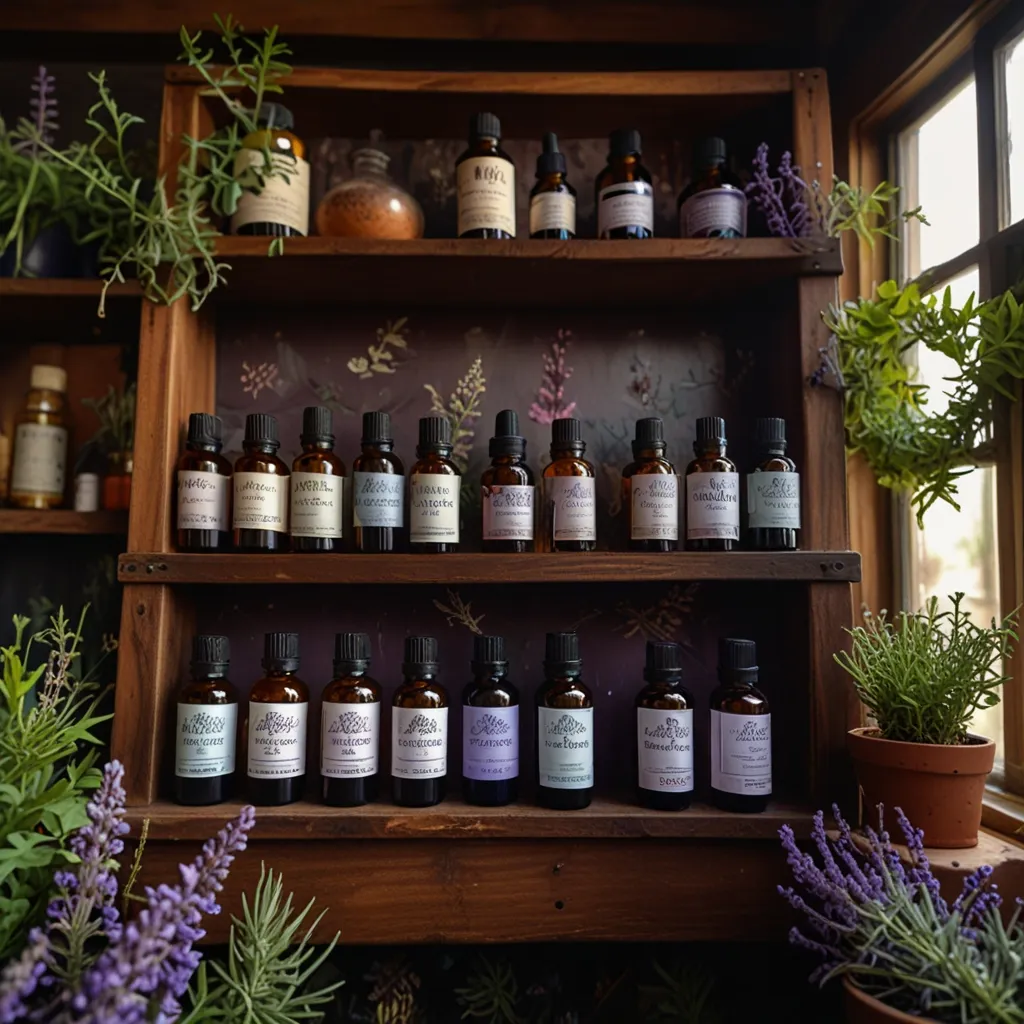Your liver is like the unsung hero of your body, working tirelessly to keep you in tip-top shape. It’s the master detoxifier, the producer of all sorts of crucial proteins and enzymes, and even has a knack for storing essential vitamins and minerals. Trust me, you want to keep this organ happy. What’s the secret? It’s what you eat. So, let’s take a leisurely stroll through some of the best foods that can keep your liver dancing with joy.
Let’s start with the MVPs of liver health: fruits and vegetables. They’re jam-packed with antioxidants that fend off oxidative stress and inflammation, which are like the bad guys in the world of liver health. Take sweet red peppers, for instance. They’re bursting with β-cryptoxanthin and vitamin E, both heavy hitters in the anti-inflammatory league. You’ll also get a good dose of β-cryptoxanthin from pumpkin and winter squash. Just a heads-up, cook them lightly to keep those nutrients intact.
Want some citrusy goodness? Persimmons and tangerines are your go-to for a shot of vitamin C, known for its liver fibrosis-fighting properties. Speaking of antioxidants, papayas are loaded with vitamin E, which helps reduce oxidative stress in the liver. Tomatoes, red grapefruits, and watermelons offer lycopene, an antioxidant superstar that’s even linked to reducing liver cancer risk.
Now, let’s talk seafood. Salmon, trout, lobster, and shrimp aren’t just delicious; they’re rich in astaxanthin, an antioxidant that’s more powerful than vitamin E when it comes to curbing liver inflammation and fibrosis. As a fun fact, astaxanthin is the reason lobster turns red when cooked. Cool, right?
Enter the power duo: garlic and ginger. Garlic is known to help decrease the fat content in your liver, while ginger boasts anti-inflammatory properties that offer a protective shield to this vital organ. When it comes to seeds, chia and flax seeds are teeming with omega-3 fatty acids, which are fantastic at reducing liver inflammation.
Olive oil, that golden elixir, isn’t just for drizzling over salads. It helps lower bad cholesterol while preserving the good and reduces liver fat deposits. Walnuts are another nutritional powerhouse, reducing inflammation and combatting fatty liver disease thanks to their high antioxidant and fatty acid content.
Leafy greens are practically liver health in a bowl. Spinach and kale stand out for their antioxidants and fiber, which work together to reduce liver fat. Cruciferous veggies like broccoli and Brussels sprouts are also stellar as they contain compounds supporting liver detox and overall function. Citrus fruits like oranges and lemons are loaded with vitamin C, boosting your immune system and helping your liver detoxify efficiently.
Turmeric, commonly found in curry, is a spice with superpowers. Its antioxidant and anti-inflammatory effects promote bile production, aiding in the breakdown of fats and toxins. Berries, especially blueberries, are brimming with anthocyanins—antioxidants that shield the liver from oxidative stress and inflammation.
You might not expect it, but your morning coffee or tea does more than just wake you up. Coffee has been shown to fend off liver disease and cut the risk of liver cancer. Green tea, in particular, has antioxidants that reduce liver inflammation and support its function.
Oatmeal isn’t just a boring breakfast option; it’s a fiber-rich food that aids digestion and cuts liver fat. Berries like blueberries, raspberries, and cranberries pack an antioxidant punch, providing much-needed support for liver health.
Grapefruit lovers, rejoice! This fruit contains naringenin and naringin, antioxidants that reduce inflammation and protect liver cells. Beetroot juice also deserves a special mention for improving liver enzymes and reducing oxidative stress.
Balancing your diet with these foods is a stellar start, but don’t forget about your overall lifestyle. Carrying extra weight can raise your risk of non-alcoholic fatty liver disease (NAFLD), so keeping a moderate weight is crucial. Regular exercise isn’t just good for your heart; it helps trim triglycerides and reduce liver fat. Watching your alcohol intake is another crucial step—limit it to one drink per day for women and two for men to avoid liver damage.
Also, steer clear of fatty, salty, and sugary foods. Fried dishes, fast food, packaged snacks, and sugary drinks make your liver’s job harder and can lead to liver disease. Even red meat, processed meats, full-fat dairy products, and foods high in saturated and trans fats, plus simple sugars, should be on your moderation list.
In a nutshell, a diet brimming with fruits, vegetables, seafood, healthy fats, and whole grains can do wonders for your liver. Avoiding the bad stuff and living a healthy, active lifestyle will go a long way in supporting your liver. These mindful dietary shifts not only boost your liver’s performance but also help you stay healthier overall.






